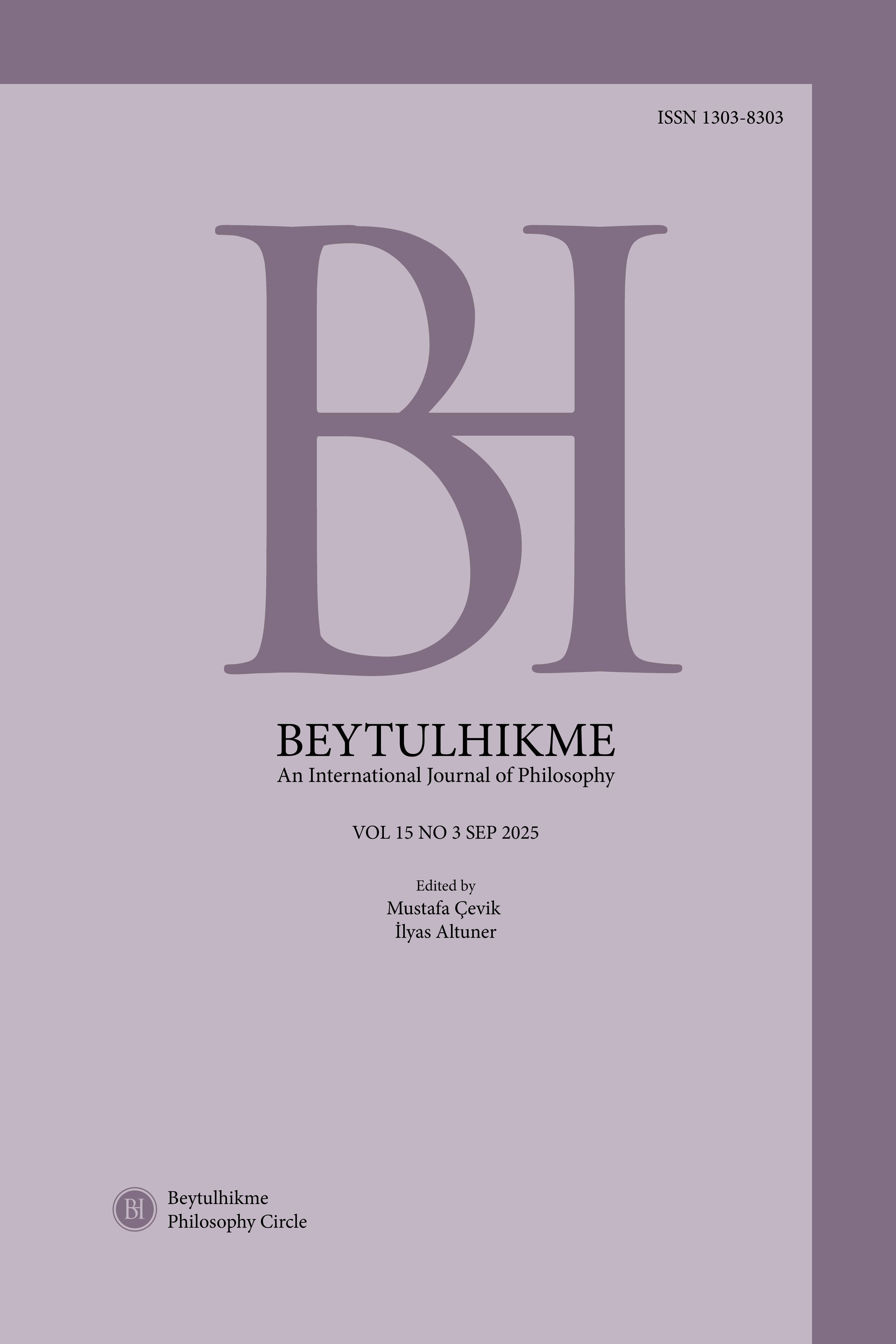Author :
Abstract
Bu makale, Aristoteles’in hakkaniyet kavramını ve yargıçların takdir yetkisini modern hukuk felsefesi bağlamında incelemektedir. Modern hukuk felsefesi, Hart ve Dworkin’in yargısal takdire ve hakkaniyet ilkelerine ilişkin tartışmaları sonucunda büyük ölçüde değişmiştir. Taktir yetkisi tezi, yargıçların hukuki boşlukları doldurma ve hukuku yorumlarken hakkaniyet ilkelerini kullanma yetkileri olduğunu iddia eder. Buna karşın Aristoteles’in hakkaniyet anlayışı iki temel boyuttan oluşmaktadır: Ahlaki erdem olarak hakkaniyet ve hukuki adalet olarak hakkaniyet. Aristoteles, hakkaniyet uygulamasının somut davaya özgü sıra dışılıkların dikkatle değerlendirilmesi gerektiğini vurgulamaktadır. Bu makale Hart ve Dworkin’in takdir yetkisi tezinin, her bir davanın tekilliğine yeterince vurgu yapılmaması nedeniyle, Aristoteles’in hakkaniyet kavramını tam anlamıyla açıklayamadığını iddia etmektedir. Buna karşın, çağdaş kodifiye hukuk sistemlerindeki takdir yetkileri yargıçlara daimî bir yasal yükümlülük getirmekte ve takdir yetkisini hakkaniyetle daha etkin bir şekilde dengelemelerini sağlamaktadır.
Keywords
Abstract
This essay explores the Aristotelian concept of equity and the discretionary power of judges within the context of modern legal philosophy. Modern jurisprudence has changed profoundly as a result of the debates between Hart and Dworkin on judicial discretion and the principles of equity. The discretion thesis asserts that judges possess both the authority to fill gaps in law and to incorporate equitable principles when interpreting the law. By contrast, Aristotle’s account of equity comprises two main dimensions: first, as a moral virtue; second, as a form of legal justice. Aristotle emphasises that applying equity requires careful consideration of case-specific irregularities. This essay argues that Hart and Dworkin’s discretion thesis does not fully account for Aristotle’s concept of equity due to insufficient emphasis on particularity in each case. Conversely, discretionary powers within contemporary codified law systems impose a continuing legal obligation upon judges, enabling them to balance more effectively discretion with equitable considerations.





